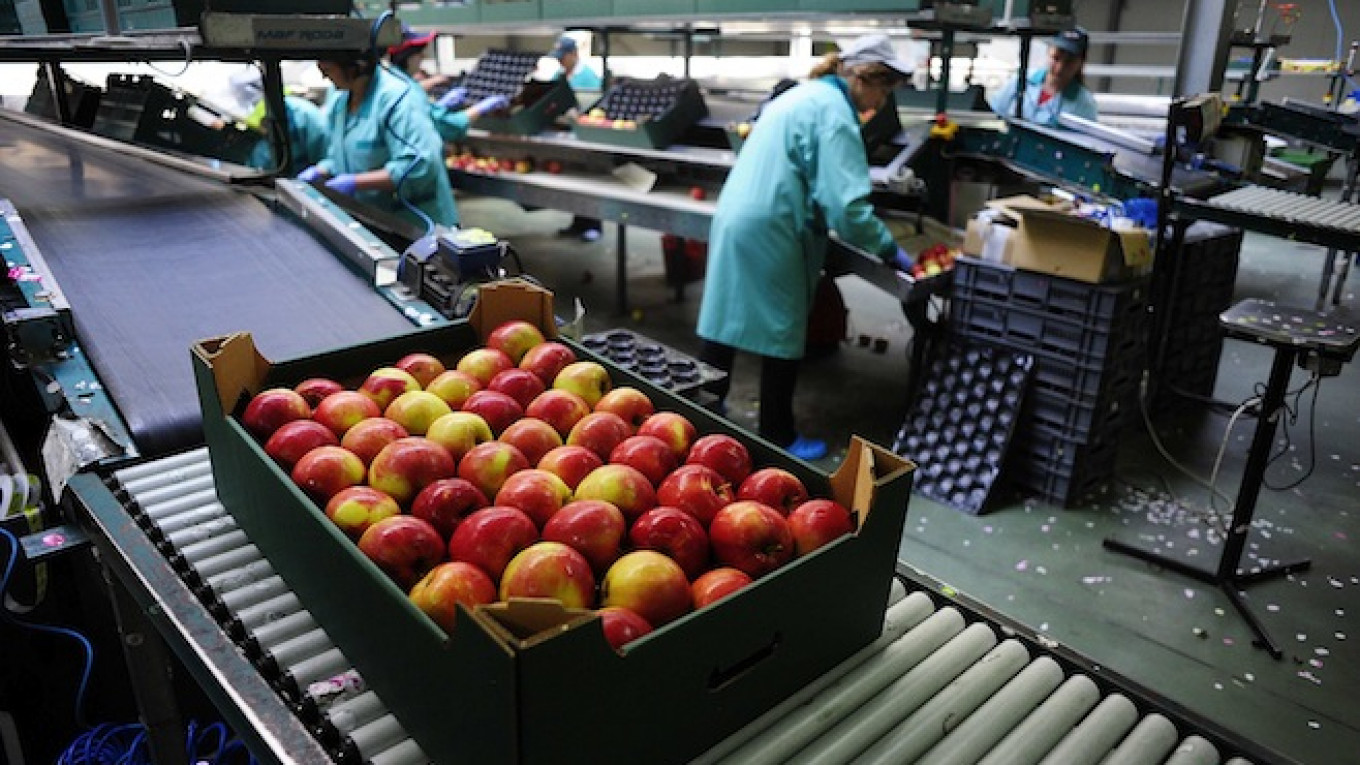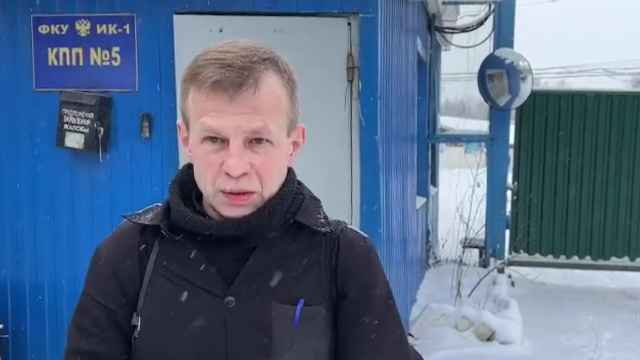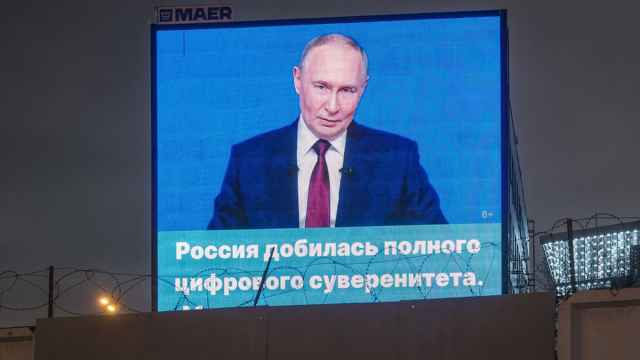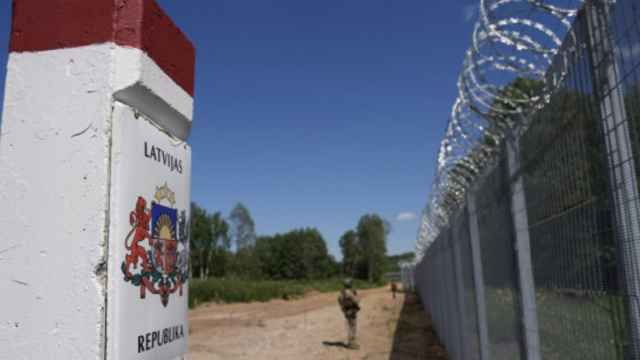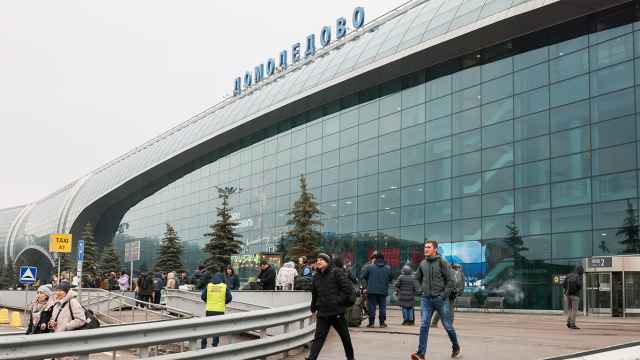Agriculture officials from all 28 EU countries began emergency talks on Thursday to weigh the impact of Russia's ban on Western food imports.
Russia announced last week a one-year embargo on meat, fish, dairy, fruit and vegetables from the U.S., the EU, Canada, Australia and Norway in retaliation for Western economic sanctions over Moscow's actions in Ukraine.
Analysts say Russia could be inflicting the sharpest pain on itself as it will drive up food prices for its consumers and stoke inflation, but EU farmers are concerned the gluts of fresh fruit and other produce they face will severely undermine the prices they can charge.
The European Commission, the EU executive, has already announced support for peach and nectarine growers.
The Commission said the sector had been suffering from a price collapse before the Russian ban, although the embargo worsened their situation and confirmed the need for action.
In all, EU farm exports to Russia are worth around 11 billion euros ($14.7 billion) a year, roughly 10 percent of all EU agricultural sales.
Some nations are more affected than others. Poland is suffering from the loss of its biggest apple buyer, and France, the bloc's leading agricultural economy, is nervous the hundreds of thousands of Polish apples Russia does not import will drive down the value of French produce.
Following reform of the EU's Common Agricultural Policy completed in 2013, the bloc has an emergency fund of some 420 million euros to compensate producers for sudden market distortions.
Commission officials say decisions could be made very swiftly on whether the fund can be used, but they first need adequate data from member states to show who needs it most.
"We are looking to monitor likely patterns on each individual market," Commission spokesman Roger Waite said.
Supply and Demand
The Commission can seek to reduce supply, as it has in the case of peach and nectarine growers. Support for that sector, announced on Monday, consists of increasing the amount of fruit that can be withdrawn from the market to 10 percent from 5 percent.
The producers will be compensated — by some 20 million to 30 million euros in total, according to industry sources — for the withdrawn fruit, which is given away to institutions such as hospitals, schools and prisons.
Other options are to improve marketing strategies domestically and in new markets.
Early this week, EU officials, speaking on condition of anonymity, said one possibility was to hold talks to dissuade alternative suppliers from selling to Russia the food Moscow will no longer receive from Europe or other Western nations.
"We understand that individual exporters may decide to use opportunities," one official said.
"But to have countries actively supporting and encouraging replacing European or American exports, or Australian, which have been banned by the Russian Federation, it seems to us from the political point of view to be something which is hard to justify."
Other officials said that was not practical. One described it as "fantasy politics."
See also:
A Message from The Moscow Times:
Dear readers,
We are facing unprecedented challenges. Russia's Prosecutor General's Office has designated The Moscow Times as an "undesirable" organization, criminalizing our work and putting our staff at risk of prosecution. This follows our earlier unjust labeling as a "foreign agent."
These actions are direct attempts to silence independent journalism in Russia. The authorities claim our work "discredits the decisions of the Russian leadership." We see things differently: we strive to provide accurate, unbiased reporting on Russia.
We, the journalists of The Moscow Times, refuse to be silenced. But to continue our work, we need your help.
Your support, no matter how small, makes a world of difference. If you can, please support us monthly starting from just $2. It's quick to set up, and every contribution makes a significant impact.
By supporting The Moscow Times, you're defending open, independent journalism in the face of repression. Thank you for standing with us.
Remind me later.


